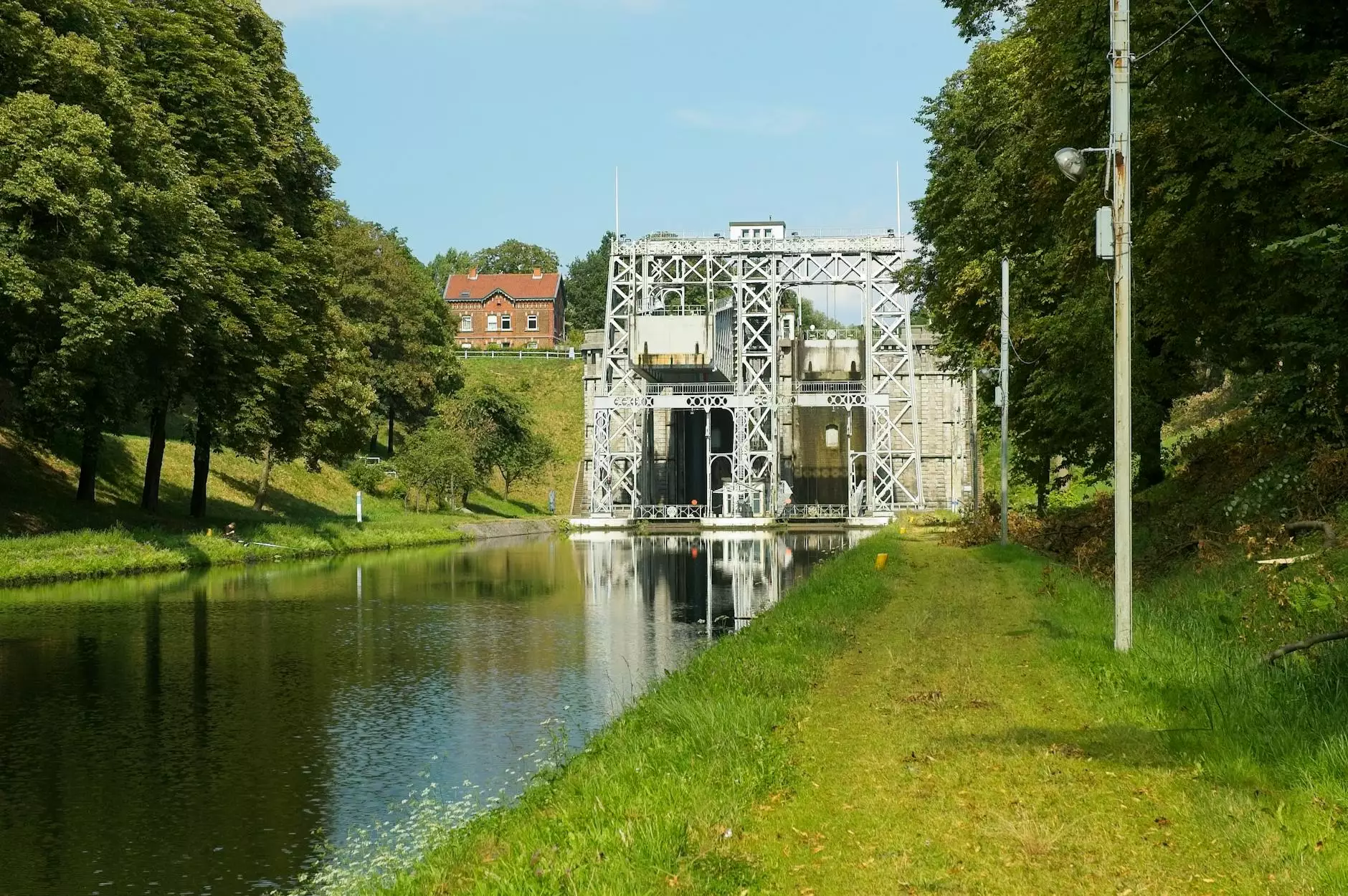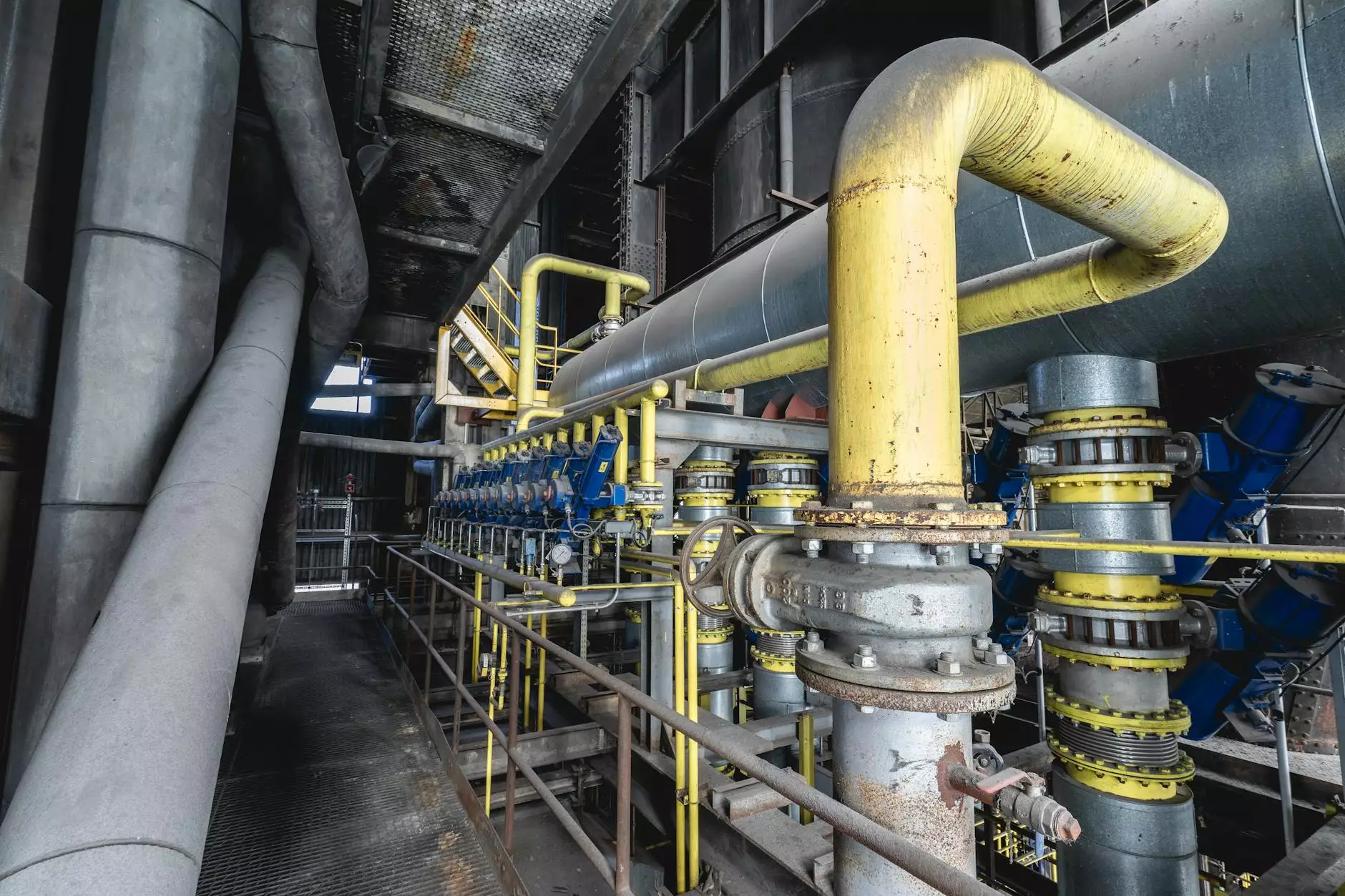Understanding the Importance of Hydraulic Components in Modern Business

In the realm of industrial engineering and manufacturing, hydraulic components play a pivotal role. From construction sites to automotive workshops, these components are the backbone of hydraulic systems, enabling smooth operation and efficiency in various machinery. As businesses strive to improve productivity and reduce downtime, the demand for reliable hydraulic component suppliers continues to rise.
What Are Hydraulic Components?
Hydraulic components are parts that facilitate the transfer of liquid energy to create motion and pressure. They are critical in machinery and systems that rely on fluid power, operating based on Pascal's principle. The fundamental hydraulic components include:
- Hydraulic Pumps: These are heart of hydraulic systems, converting mechanical energy into hydraulic energy.
- Hydraulic Cylinders: These components create linear motion and are used in various applications to lift and push loads.
- Hydraulic Valves: Valves control the flow and direction of hydraulic fluid, thus managing system pressure and operation.
- Hydraulic Hoses and Fittings: Essential for connecting various components, hoses transport hydraulic fluid safely and efficiently.
The Role of Hydraulic Component Suppliers
Choosing the right hydraulic component supplier is crucial for maintaining efficient operations. A good supplier doesn’t just provide products; they offer support, expertise, and solutions tailored to your unique needs. Here are some essential functions performed by hydraulic component suppliers:
Quality Assurance
One of the primary responsibilities of hydraulic component suppliers is to ensure that all components meet industry standards. This includes rigorous testing for durability, pressure resistance, and performance under various conditions.
Technical Support and Consultation
Reputable suppliers often provide technical support, helping businesses select the most appropriate components for specific applications. Their expertise can save time and reduce costs by preventing mismatched parts that could lead to system failures.
Custom Solutions
Many suppliers offer custom solutions based on the unique requirements of their clients. This flexibility allows businesses to optimize their hydraulic systems for better performance and efficiency.
Benefits of Partnering with Trusted Hydraulic Component Suppliers
By collaborating with established suppliers, companies can enjoy numerous benefits:
- Improved Reliability: High-quality components lead to fewer breakdowns and greater system reliability.
- Cost Efficiency: Investing in quality components reduces long-term maintenance and replacement costs.
- Access to Innovations: Suppliers often provide the latest technology and components, keeping businesses at the forefront of industry standards.
- Streamlined Operations: A reliable supplier can ensure timely deliveries, reducing downtime and keeping projects on schedule.
How to Choose the Right Hydraulic Component Supplier
Selecting a hydraulic component supplier may seem daunting due to the myriad of options available. Here are some factors to consider to ensure you make an informed decision:
Experience and Expertise
Look for suppliers with a proven track record in the industry. An experienced supplier will have in-depth knowledge of various hydraulic components and systems.
Product Range
A good supplier should offer a comprehensive range of products. This variety allows for seamless integration and sourcing of all necessary components from a single supplier.
Customer Service
Excellent customer service can make a significant difference. A supplier should provide responsive support, helping you navigate product selections and troubleshooting issues.
Reputation and Reviews
Research the supplier's reputation in the market. Check reviews and testimonials from other businesses to gauge their reliability and service quality.
Inventory and Availability
Timely access to components is critical to avoid production delays. A supplier with a well-stocked inventory can provide immediate solutions to urgent needs.
Key Hydraulic Components: Applications in Auto and Motorcycle Parts
In the automotive and motorcycle industries, hydraulic components are indispensable. Here’s a closer look at their applications:
Auto Parts & Supplies
In automotive systems, hydraulic components enable functionalities such as:
- Braking Systems: Hydraulic brake systems provide responsive and efficient stopping power.
- Steering Mechanisms: Hydraulic power steering systems enhance flexibility and control in vehicle handling.
- Suspension: Many modern vehicles use hydraulic shocks and struts for improved ride quality.
Motorcycle Parts & Supplies
For motorcycles, hydraulic components serve critical roles:
- Braking Systems: Most motorcycles use hydraulic brakes to ensure safety and precision.
- Adjustable Suspension: Hydraulic systems can provide adjustable suspension setups for varied riding conditions.
- Clutch Systems: Hydraulic clutches offer smoother operation compared to mechanical alternatives.
The Future of Hydraulic Components
As technology continues to evolve, so will the developments in hydraulic components. Innovations such as smart hydraulics, which offer integrated sensors for real-time monitoring and automation, are already making waves in the industry. Suppliers that stay ahead of these trends will be invaluable partners for businesses looking to enhance their operational efficiency.
Conclusion
Navigating the world of hydraulic component suppliers is essential for any business that leverages hydraulic technology. By prioritizing quality, expertise, and responsive customer service when selecting a supplier, businesses can optimize their operations and drive success in a competitive landscape. Whether in automotive or motorcycle applications, hydraulic components are crucial for reliability and performance. For those looking to refine their operations or expand their capabilities, partnering with a reputable supplier like Shop Hydraulic America can provide the necessary competitive edge.









